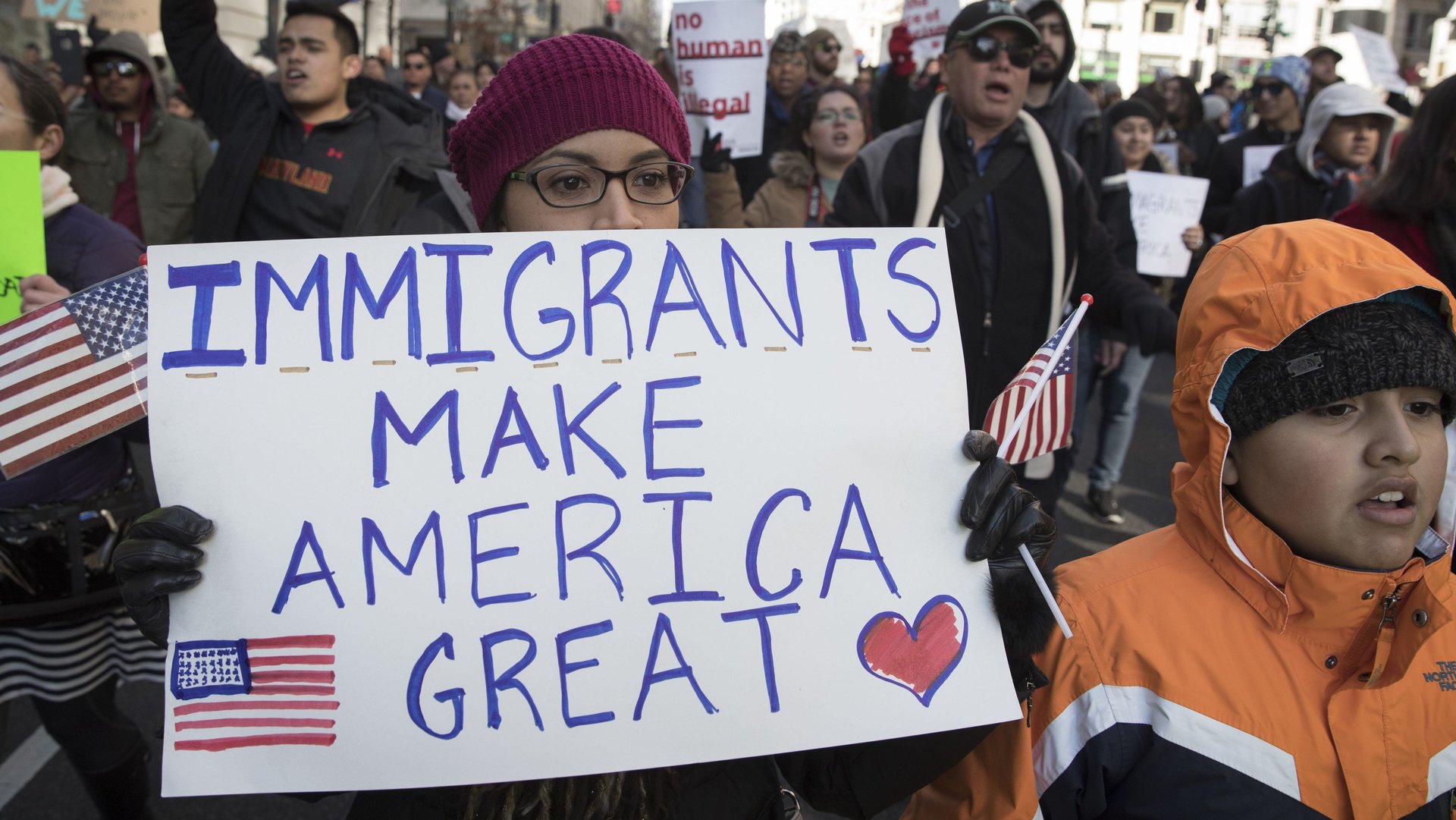The Trump administration is facing a second lawsuit over its H-1B visa crackdown
Technology firms struggling with the Donald Trump administration’s clampdown on the H-1B visa programme have scored a small win.


Technology firms struggling with the Donald Trump administration’s clampdown on the H-1B visa programme have scored a small win.
On Jan. 18, a US court agreed to hear a case challenging a February policy memo by the Trump administration, which made it mandatory for employers seeking H-1B visas to give a worker’s complete schedule for the entirety of their working period. This disrupts businesses by making it difficult to recruit new talent for longer periods of time and also disallowing current employees from traveling to client sites freely.
The Small and Medium Enterprise Consortium (SMEC), a coalition of IT staffing companies that use the non-immigrant work visa programme, first questioned this policy in a lawsuit filed in May 2018. They argued that their business model requires that they have the flexibility to move workers around as and when necessary.
“A federal judge in New Jersey refused to throw out the case, a move that the Small and Medium Enterprise Consortium’s attorney is calling a win that could lead to the policy’s demise,” Bloomberg Law, a legal market intelligence site, reported on Jan. 24. SMEC has over 1,000 members spread out over the US and India.
Last week, judge Madeline Cox Arleo of the district court of New Jersey “tore apart” arguments made by the US citizenship and immigration services (USCIS), Jonathan Wasden, one of the attorneys who filed the lawsuit, told Bloomberg Law. This likely means the immigration authority will have to go through a public notice and comment process to enact the policy, Wasden said.
USCIS and Wasden did not respond to emails from Quartz at the time of publishing.
Second-time unlucky
In October last year, Wasden represented non-profit trade group ITServe Alliance in another lawsuit alleging the USCIS has illegally been approving H-1B visas only days or weeks at a stretch—just as long as the staffing companies can provide evidence for definite assignments. This goes against both labour department regulations and the Immigration and Nationality Act, which permit H-1B employee periods of “nonproductive status” where the worker does not have an assignment, he said.
ITServe also raised objections to the H-1B visa application process becoming more cumbersome over the last year. Businesses “lack a consistent or predictable roster of employees,” Gopi Kandukuri, the president of ITServe Alliance, had complained then. “…much of our workforce is constantly under a pending request for (an) extension and could at any moment be forced to leave this country after performing the same job for years.”
Over the last year, the Trump administration has tightened the noose around the H-1B visa programme through a slew of measures. Among others, premium processing of H-1B visas was stalled a number of times, work permits for dependent H-4 visa-holders is in a limbo, and the definition of a “specialty occupation” is up for revision. Even the lottery system to allot H-1Bs is being flipped on its head to favour advanced-degree holders educated in the US.
Together, all these moves are having a chilling effect on employers. And with the ongoing government shutdown, hiring H-1B workers without overstepping the laws or opting for other visa routes has become increasingly complicated.